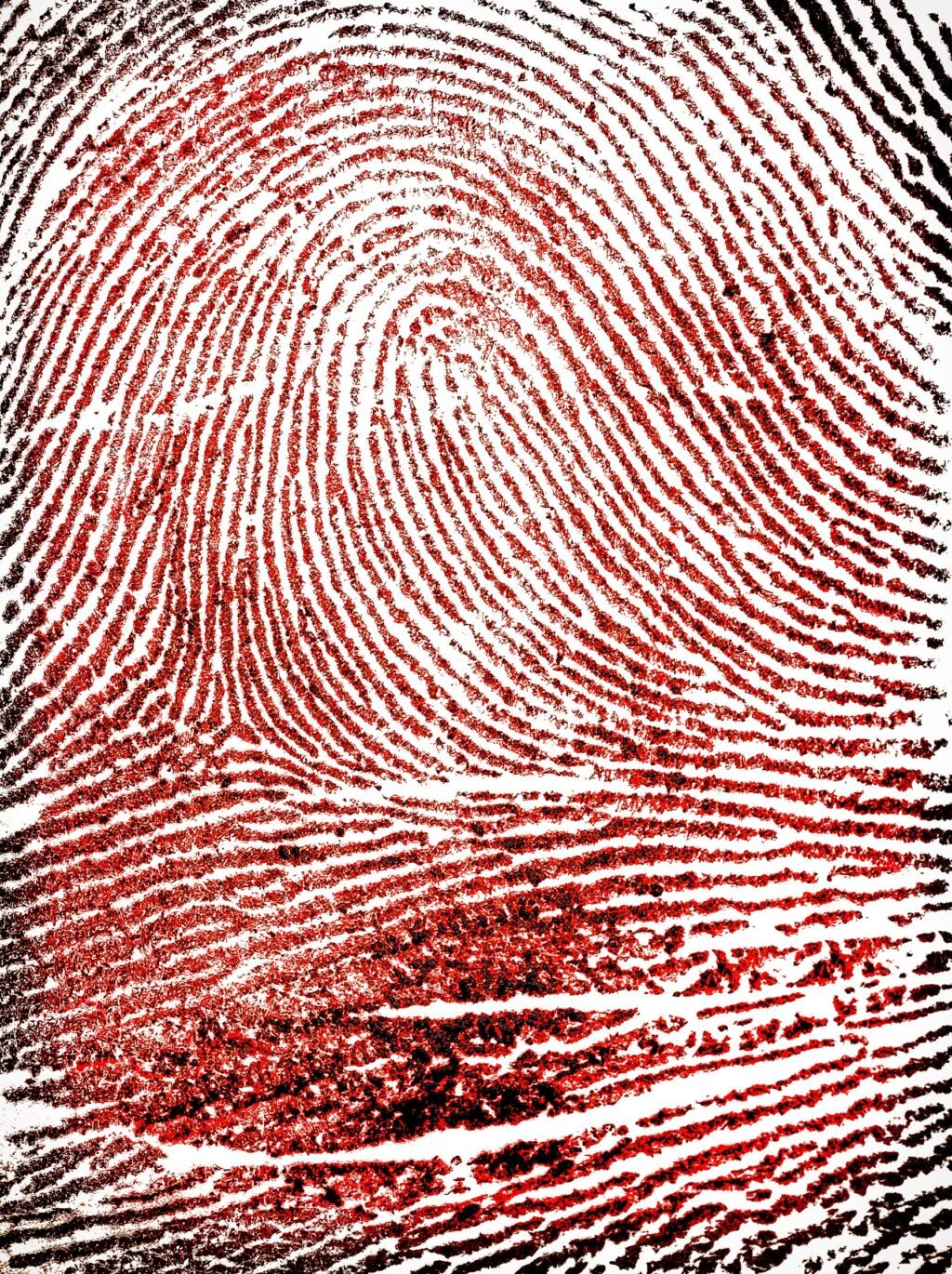
Just after 9 pm on an August night in 2020, Kimberly Thompson and Brian James pulled the car into a driveway in Akron, Ohio, and stepped out into a barrage of gunfire. They were shot in the legs, rushed to a hospital, and survived. But Thompson’s 20-month-old grandson, Tyree Halsell, who was still sitting in the car, was shot in the head and mortally wounded.
In the aftermath, Akron police collected video footage from the neighborhood and asked for the public’s help with identifying two men who’d been seen approaching the victims, firing, then fleeing in a truck. Within months, detectives narrowed in on a suspect, Phillip Mendoza, and obtained a search warrant for his cell phone location data from Sprint, according to court records. They also served a geofence warrant on Google, seeking information on devices whose GPS, Wi-Fi, or Bluetooth records placed them near the scene of the shooting. Neither warrant turned up any evidence locating Mendoza or his devices on the 1200 block of Fifth Avenue, where the shooting occurred, that night.
The investigation stalled until August 2022, when Akron police received a three-page report containing the evidence they’d been seeking. It came from a little-known Canadian company called Global Intelligence, which for the past several years has been selling an extraordinary service to police departments across the United States.
Global Intelligence claims that, using only open source data—public information that doesn’t require a warrant—and a suite of more than 700 algorithms, its Cybercheck system allegedly can geolocate an individual in real time or at a specific time in the past by detecting the wireless networks and access points the person’s “cyber profile” has interacted with. The company’s founder, Adam Mosher, has testified under oath that the process is entirely automated, requiring no human intervention from the time an investigator enters basic details about a case into the Cybercheck portal until the time the system produces a report identifying a suspect and their location.
If the technology works as advertised, then Global Intelligence is selling police departments previously unknown surveillance capabilities for as little as $309 a case that rival the open source tools used by national spy agencies. But a WIRED review of investigations involving Cybercheck from California to New York, based on hundreds of pages of court filings, testimony, interviews, and police records, suggests Cybercheck is a much less effective tool—one that has provided evidence in high-profile cases that was either demonstrably incorrect or couldn’t be verified by any other means.
Open source intelligence experts allege to WIRED that much of the information Cybercheck provides in its reports to law enforcement would be impossible to obtain using only open source data. Indeed, over the past several months, Global Intelligence’s work in Ohio has faded away, with prosecutors ultimately deciding not to use Cybercheck reports as evidence in several murder cases, including Mendoza’s.
“Either they’re somehow doing the Minority Report now, or somehow it’s just BS,” says Stephen Coulthart, director of the Open Source Intelligence Laboratory at the State University of New York at Albany, who reviewed Cybercheck reports and transcripts of Mosher’s testimony at WIRED’s request.
Content retrieved from: https://www.wired.com/story/cybercheck-crime-reports-prosecutions/.






